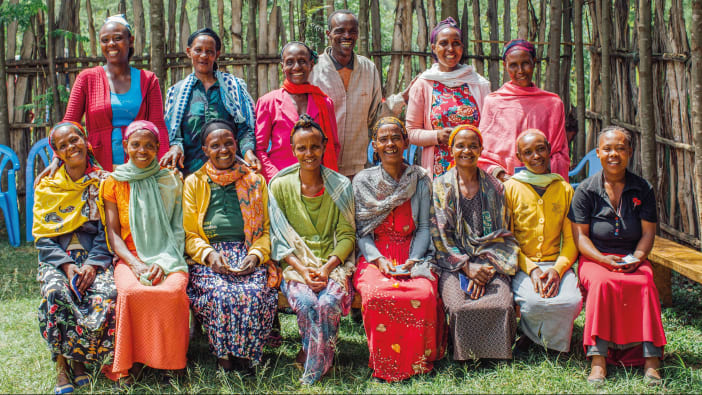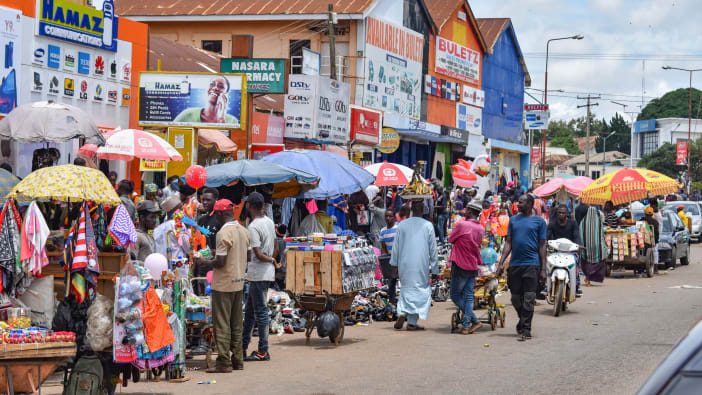The beautiful, culturally important village of Taka sits in the mountains of western Nepal. Tourism is increasing in the area and there are a growing number of shops and hotels. The head office of the rural municipality is also located in the village.
However, despite all the benefits of living in a thriving community, the people of Taka were becoming increasingly concerned about the amount of solid waste being tipped into the river due to the lack of a proper waste management system.
In 2021, Chebang women’s group was formed in Taka as part of environmental and advocacy work being facilitated by United Mission to Nepal (UMN). Here is the story of how the women’s group used the advocacy cycle to help clean up their community.
-
Step 1: Know what you want to change
As UMN helped the Chebang women’s group to become familiar with government responsibilities and policies, the group quickly identified the need to take action on the problem of solid waste.
-
Step 2: Gather information
The women learnt more about the waste problem by talking to people and walking around the village. They discovered that the shops and restaurants were dumping a lot of their waste into the river because they did not know where else to put it.
As well as being unsightly, the unmanaged waste was becoming a breeding ground for disease-spreading insects and rodents. It was polluting the water sources and domestic animals were in danger of eating large quantities of plastic and other waste.
-
Step 3: Develop an action plan
The women decided that they wanted the local authorities to provide proper waste pits and stop the shops and restaurants from dumping their waste in the river.
They chose to write a short document explaining what they had discovered, and what they felt the solutions could be. They also decided they would clear up some of the waste themselves so the authorities would see that they were serious about helping to improve the situation.
-
Step 4: Take action
The women boldly presented their document to the local authorities, urging them to arrange proper waste management. They then cleared up some of the waste themselves.
-
Step 5: Monitor and evaluate your progress
Very soon after receiving the document, the local authorities paid for two official dump sites to be prepared. They also sent formal notices to the shop and hotel owners, specifying how they should collect and manage their waste.
The women made follow-up visits to local businesses and families, and people began to stop tipping waste into the river.
The women, and other residents of Taka, have discovered that by holding their local authorities to account, and acting responsibly themselves, they are able to influence change.








